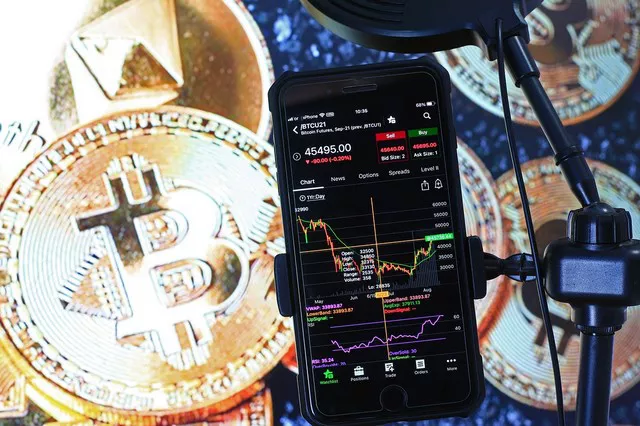European stock index futures are integral components of the global financial markets, offering investors and traders exposure to European equity markets and opportunities for speculation and risk management. These futures contracts derive their value from major European stock indices, and they play a vital role in providing a glimpse into the health and performance of European economies.
What Are European Stock Index Futures?
European stock index futures are financial derivatives contracts that allow market participants to speculate on the future price movements of major European stock indices. These contracts are standardized and traded on various futures exchanges, and their value is tied to the performance of the underlying stock index.
Key European Stock Indices
Several key European stock indices serve as the basis for futures contracts:
Euro Stoxx 50 Index: This index represents the 50 largest companies in the Eurozone and is a widely tracked benchmark for European equity markets.
DAX 30 Index: The DAX 30 is Germany’s premier stock index, consisting of the 30 largest and most liquid companies listed on the Frankfurt Stock Exchange.
FTSE 100 Index: The FTSE 100 is the primary stock index of the London Stock Exchange, comprising the 100 largest companies listed in the United Kingdom by market capitalization.
CAC 40 Index: France’s CAC 40 Index includes the 40 largest companies listed on the Euronext Paris stock exchange.
How Do European Stock Index Futures Work?
European stock index futures operate based on a set of standardized terms and conditions:
Underlying Index: Each futures contract is linked to a specific underlying stock index, such as the Euro Stoxx 50 or DAX 30.
Contract Specifications: Futures contracts have standardized specifications, including the contract size, tick size (minimum price movement), and contract expiration date.
Expiration and Settlement: European stock index futures contracts have expiration dates, typically falling on a quarterly basis. Upon contract expiration, positions can be settled in cash or, in some cases, through physical delivery of the underlying assets.
Leverage: Futures contracts provide leverage, allowing traders to control a larger position with a relatively small capital outlay. This amplifies both potential profits and losses.
Significance of European Stock Index Futures
European stock index futures hold significant importance in the financial landscape for several reasons:
Benchmarking European Markets: These futures contracts serve as benchmark indices for European equity markets, reflecting investor sentiment and the overall health of European economies.
Risk Management: Investors and institutions use European stock index futures to hedge against adverse price movements in their equity portfolios, reducing exposure to market risk.
Liquidity and Accessibility: European stock index futures provide liquidity and accessibility, allowing traders to engage in European equity markets without the need to invest directly in individual stocks.
Global Integration: These futures contracts are closely integrated with global financial markets, attracting international investors looking for exposure to European economies.
Factors Influencing Popularity
Several factors contribute to the popularity of European stock index futures:
Global Investment: As part of a diversified portfolio, European stock index futures offer exposure to European markets, diversifying risk for international investors.
Hedging and Risk Management: Institutional investors and portfolio managers use these futures to hedge against market risk and manage portfolio exposures.
Liquidity and Accessibility: European stock index futures provide efficient access to European equity markets with enhanced liquidity compared to individual stocks.
Speculation: Traders engage in speculating on future price movements, aiming to profit from the volatility and momentum observed in these markets.
Economic and Political Developments: The performance of European stock index futures is influenced by economic indicators, central bank policies, and geopolitical events impacting European economies.
Conclusion
European stock index futures are pivotal instruments in the global financial markets, offering exposure to the performance of major European economies. As derivative contracts tied to underlying stock indices, they provide investors with opportunities for speculation, risk management, and portfolio diversification. Understanding the mechanics of these futures contracts, the significance they hold, and the factors influencing their popularity is essential for traders, investors, and institutions seeking to navigate the dynamic landscape of European equity markets.


